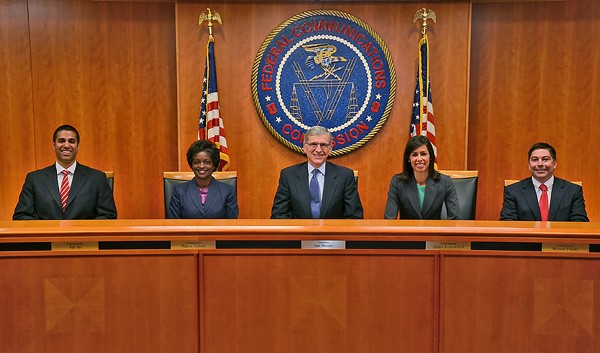The FCC heads back to the United States Court of Appeals in Washington, D.C to argue that it has the authority to regulate the existing internet providers with the ultimate goal of ensuring that all the legal content over the Internet is treated equally.
Users have a complaint against the company regarding net neutrality rules twice in front of the same court and beside one judge in particular, David Tatel. Previously, Tatel and his robed crew came to a conclusion that the FCC hasn’t had enough legal ground to regulate Internet access as if it is a public utility like electricity and water service and has sided with the opponents, internet access companies.
However, things are expected to go in a different way. Close sources revealed that Tatel’s previous ruling built a “roadmap” for the present ruling and a new Framework that the FCC can work with. The turning point, in this case, is that the FCC is defining “broadband” in a more unique way than before. It has now started including it under a statute known as Title II, that places broadband in the realm of telephone service. As the FCC has complete power to regulate phones, the agency argued that it had a solid case where it can attach most of the telephone rules to broadband.
In addition, the FCC is content as the Obama administration constantly supports the new rules to make another legal attempt if they lose this particular round. What matters the most is the FCC has promised it is not willing to set prices for high-speed Internet services and assured that new regulations will not allow them to that power.



